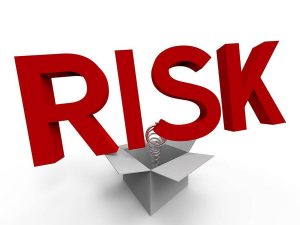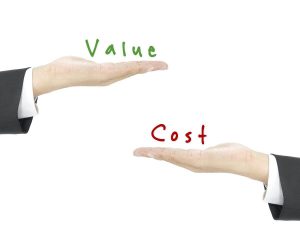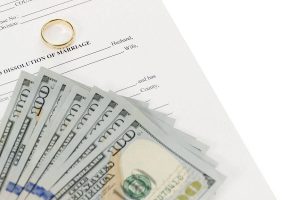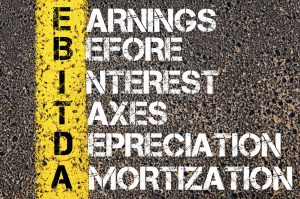Buy-sell agreements are the most important, but perhaps most overlooked agreement that a business can have. These legal documents protect business owners when one owner leaves the company for any reason.
Although many businesses have buy-sell agreements, they were likely drafted when the business was formed many years ago and have not been looked at or updated since. If your business has a buy-sell agreement, take it out, read it, and ask your accountant to calculate what would happen if the agreement were triggered today. Evaluate the results from both sides, as a buyer and as a seller.
- The first question is, is the price calculated pursuant to the agreement fair to all parties? If is unfair, it is time to execute a new agreement. (By the way, don’t assume that the younger party to the agreement will be the buyer, or that the older party will be the seller. Owners may leave their businesses for many reasons.)
- Another important issue in buy-sell agreements is the payment terms. Does the agreement require a lump sum payment or payments over an extended period of time? If a lump sum payment is required, how will that payment be funded? If funded by insurance, is the policy still in force and is the amount sufficient to make the payment? That $1 million term policy that was purchased when the business was formed may not be enough to cover the price today if the business has grown. Also, term insurance expires at certain ages, perhaps leaving no funding for the agreement.
- If the agreement requires that the business be valued, it should specify the standard of value to be used. There are big differences between fair market value and fair value. I once served as an expert in a dispute in which the agreement used the term “value.” The standard of value issue was eventually resolved, but not before the parties spent a lot on legal fees.
Don’t pay the price for no agreement
Not having a buy-sell agreement is a different kind of agreement—one to spend a lot of money, perhaps hundreds of thousands of dollars, on professional fees, and years to resolve the issues. Companies without an agreement end up letting a judge or a jury decide what will happen to the business that they worked so hard to build.
Although it is often an uncomfortable conversation to have with your partner, it is a much easier conversation to have now, when you are both healthy, your interests are aligned, and retirement or disability is not on the horizon. It is a far more difficult to reach an agreement after a triggering event, especially when that conversation is with a widow or children who are not at all concerned with fairness.
I have only touched on a few of the issues surrounding buy-sell agreements.







 When is it necessary to have a business valued? There are many more reasons than you think!
When is it necessary to have a business valued? There are many more reasons than you think!